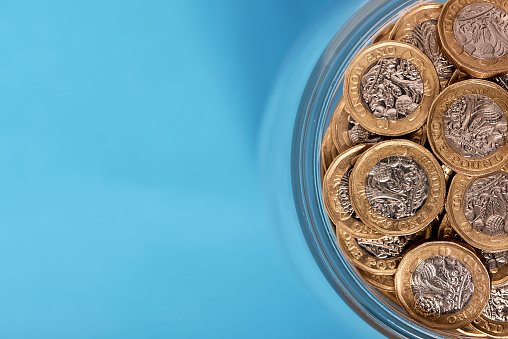To become a forex trader in the United Kingdom, you must be aware of forex tax and your forex trading tax duties under the United Kingdom income tax laws. Whether or whether this is a tax-free source of income is a question that has to be answered.
Forex dealers’ principal objective is to produce profitable deals and increase their forex account balance. It’s easy to focus on the short-term gains and ignore the long-term consequences of investing in a market where earnings and losses are so volatile. The risk versus reward element gives a small rush of excitement like in online casino games with generous vulkanbet bonus code. However, it’s always a good idea to think about the tax consequences of forex trading before making your first deal.
Most foreign currency transactions concluded within two days are taxed under IRC Section 988 contracts, which are susceptible to treatment as ordinary losses and profits under IRC Section 988 contracts for most spot traders. As a “988 trader” if you deal in spot FX, expect to be labeled as such. As a “988 trader,” you get a significant advantage if your year-end trading results in a net loss. In the same way that you may include all of your losses, not just the first $3,000, as “ordinary losses” in the 1,256 contract category.
Choosing the best way to submit your taxes based on your individual circumstances. The investor may trade as either 1256 or 988, although options or futures and OTC are classed separately. Individuals have until the beginning of the year to make a choice.
It is also with noting that as time goes by more people start to trade Forex in the UK. one of the main reasons for that was the increasing level of unemployment in the country. Forex trading allows investors to generate extra money. As investing in the FX market becomes quite popular, more British people seek the best forex brokers UK in order to get maximum profits from their trading and investing. The main reason why people want to start their trading process with a UK financial service provider is that United Kingdom brokers are licensed and regulated, which means that the chances of fraud and scams are almost minimized.
It is easier to use IRC 988 contracts than it is to use IRC 1256. When a trader reports losses, the tax rate is lower since it is the same for both profits and losses. Despite the fact that 1256 contracts are more complicated, they give a trader with net profits 12% greater savings.
Forex Trading Taxation In The UK
You should always seek the counsel of a tax expert or the HMRC since tax law is complex and constantly changing. When it comes to paying taxes in the UK, the tax year runs from April 6 to April 5 of the following year, and the usual Personal Allowance is £12,570.
The UK’s forex trading tax structure is one of the most lenient in the world. It considers three factors: how forex trading operations are handled, the kind of instrument exchanged, and how HMRC records your tax status.
The amount of tax you owe depends heavily on how HMRC views your economic activities. Investors and their trading activity may be classified by HMRC into one of the following groups:
Speculative trading is compared to sports betting since it is based on speculation. If you fall under this group, you won’t have to pay income tax, company tax, or capital gains tax on any profits you make from forex trading. Because the income is not taxed, you are unable to claim any possible losses. It’s critical that you review all of the losses that may be deducted if you’re self-employed for tax purposes.
Capital Gains Tax (CGT) is applicable to private investors (CGT).
When trading forex in the United Kingdom, the tax rate you pay is determined by the kind of instrument you use to trade currency pairs: spread betting or contract for difference (CFDs).
Under UK tax legislation, if trading is done via a spread betting account, the income is tax-free. You can’t claim losses against your other personal income if your trading operations are categorized as spread bets.
Basic-rate taxpayers pay 10% CGT on their total income between £12,571 and £50,270. (the basic rate tax bracket).
If your total income exceeds £50,271 and you fall into the higher tax bracket, your earnings will be subject to capital gains tax (CGT) of 20%. However, don’t let this dissuade you from trading CFDs right now. A CGT tax allowance of £12,300 should not be overlooked.
You may keep a record of your trades or ask your broker for a PnL (profit and loss) statement for your tax return. Another thing to bear in mind is that if you suffer losses in your trading, you may be eligible for tax relief.
Because of the growing importance of cryptocurrencies in trade, we should investigate the fundamentals of UK cryptocurrency taxes.
To comply with British tax legislation, persons who sell cryptocurrencies for money, trade one currency to another, or use the currency to purchase other assets and services are subject to pay capital gains tax (CGT).





